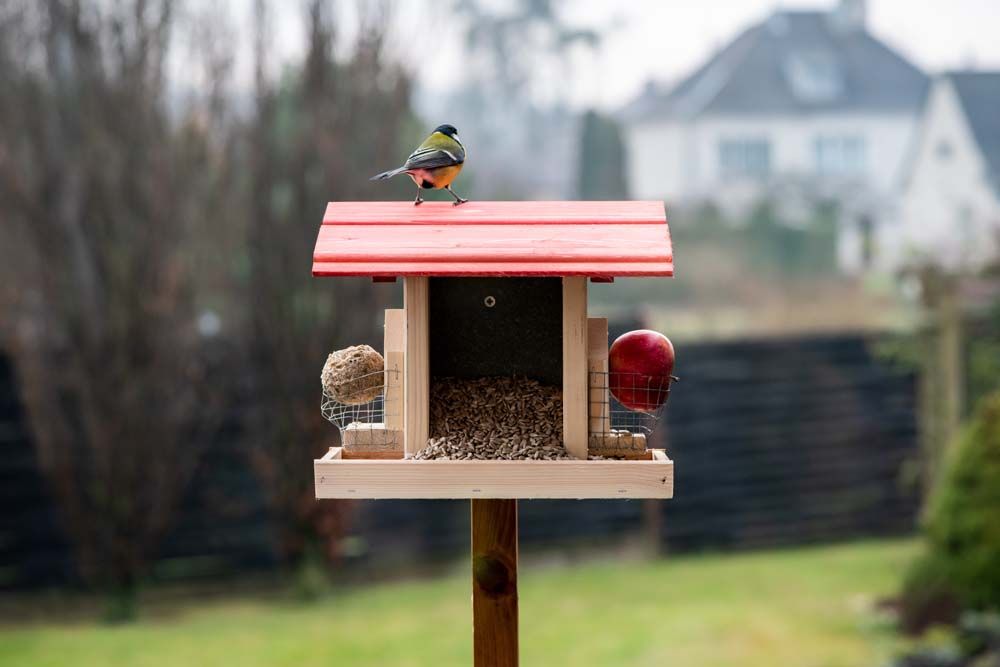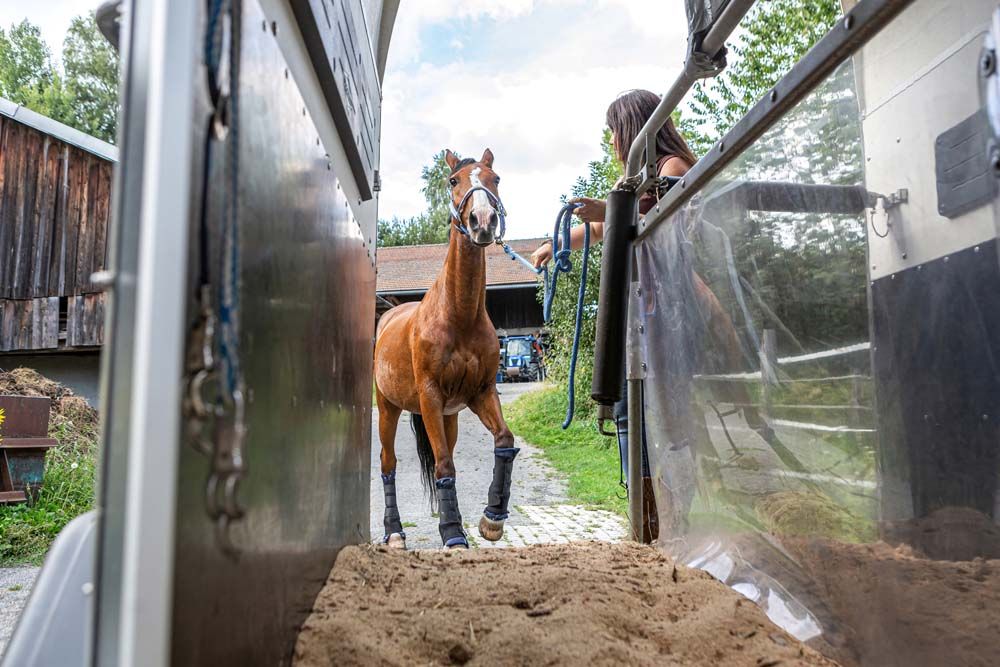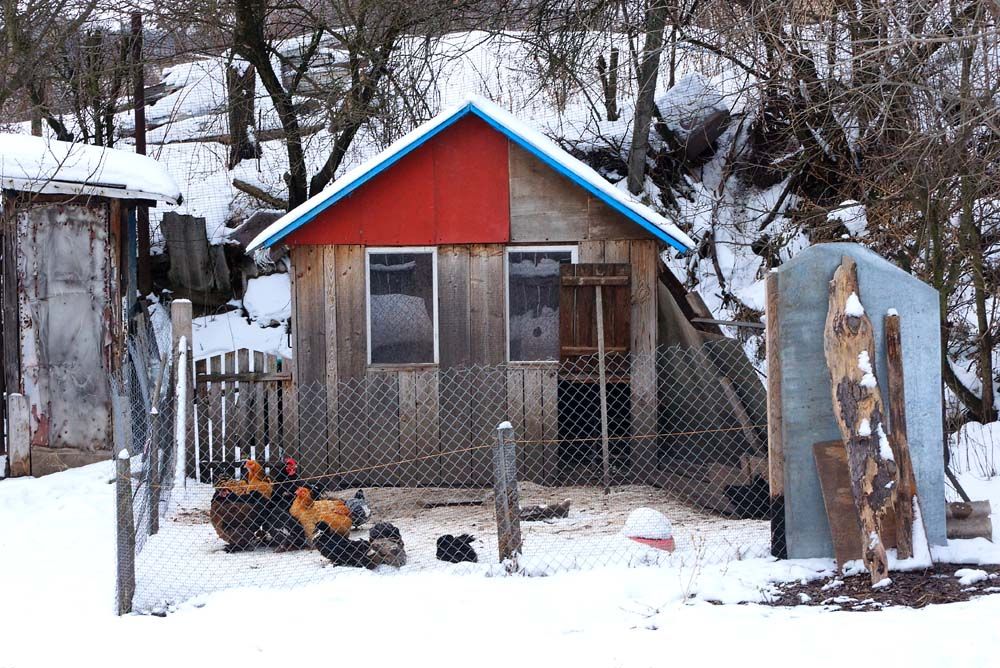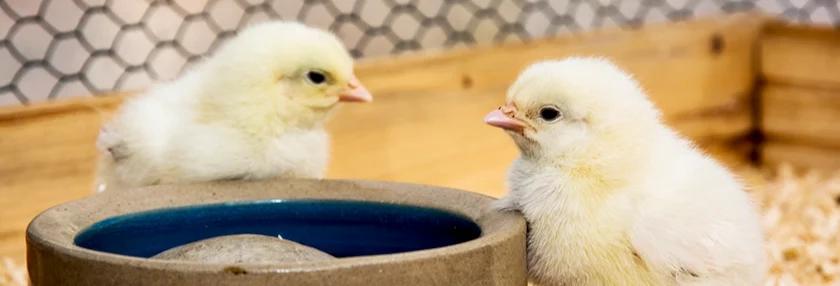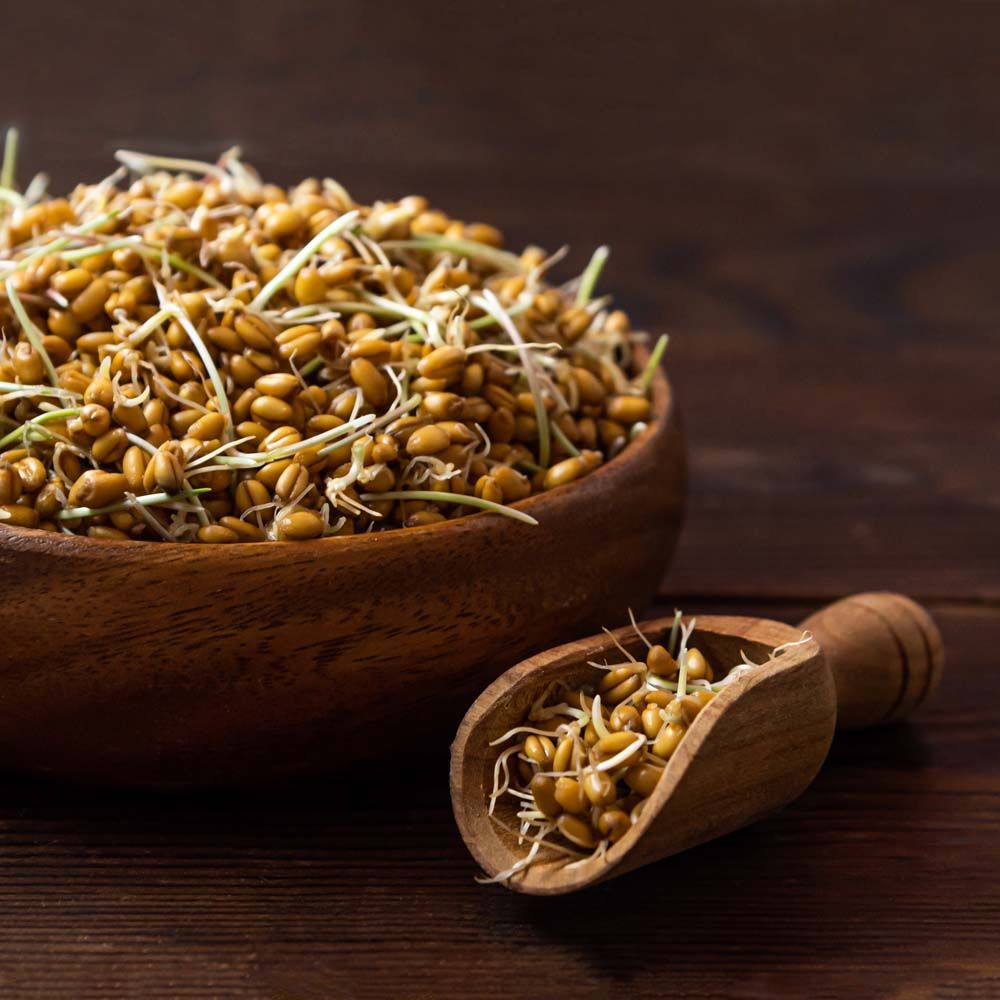A Top Pick for Spring Chicks Orpingtons
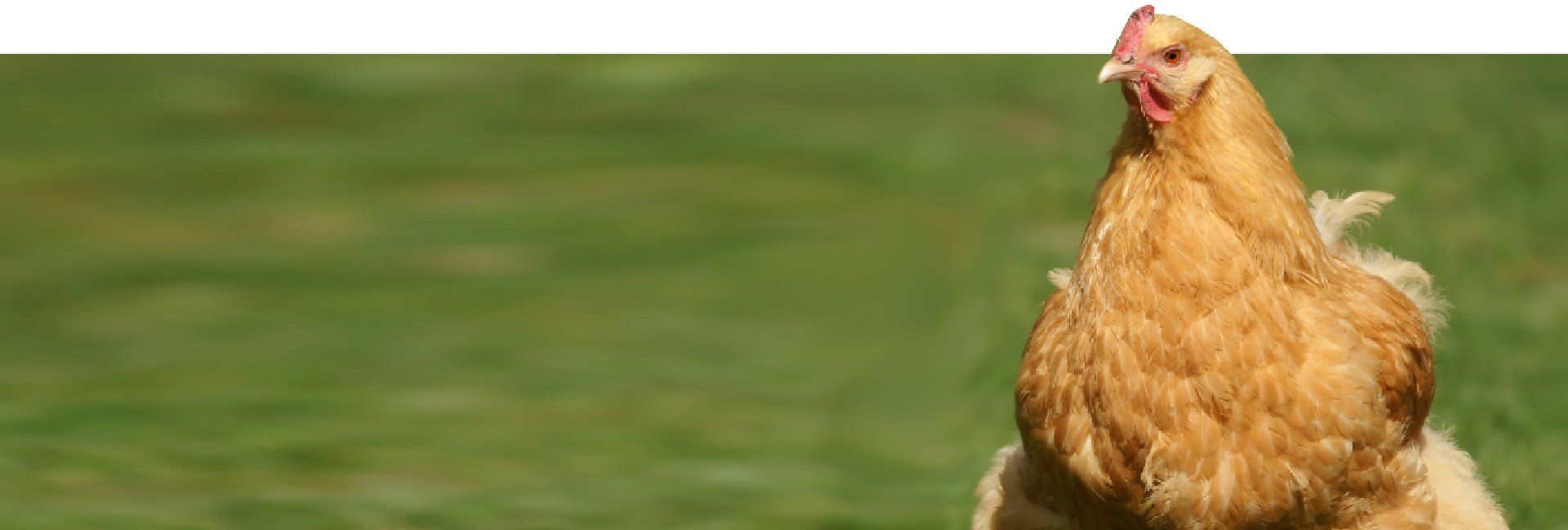

Chick season is here and poultry owners across the U.S. are making lists and placing orders for new, spring chicks. Poultry enthusiasts will spend the next few weeks combing through the extensive websites and full-color catalogs of hatcheries like McMurray Hatchery, and a large percentage of them will add at least one Orpington to their chick orders.
As an experienced poultry enthusiast, I’m often asked which breeds are best for certain settings such as backyards, families, cold or warm climates, first-time chicken owners, homesteaders, and more. More often than not, the Orpington is one of the top breeds I recommend.
Immediately popular
The Orpington originated in the United Kingdom and was traditionally kept as a dual-purpose bird—eggs as well as meat. The breed was developed in the middle 1800s when interest in breeding chickens was at a peak, so-called “Hen Fever.” Many new breeds were developed in both the U.S. and the United Kingdom.
The breed was named after the town of Orpington, just outside of London in Kent, England. The breed was brought to America in 1891 and soon thereafter exhibited at a show in Madison Square Garden in New York. Orpington popularity soared, and became especially popular with farmers in the American midwest.
Orpington chickens were recognized by the American Poultry Association as a standard bred in four varieties: Buff, in 1902; Black, 1905; White, 1905; and Blue, in 1923.
—Source: The Livestock Conservancy
Reasons to love Orpingtons
So, what is it about the Orpington that puts them at the top of my list and makes them so popular? Here my top five reasons:
1.Temperament—Over time, chicken keepers have found these fluffy, large, round-bodied birds were easy to raise and had quiet, gentle personalities. Tom Watkins, vice president at McMurray Hatchery, refers to the Buff Orpington as “the golden retriever of poultry.” These golden beauties are friendly and docile, making them a good choice for first-time chicken owners and families with children. Although they will forage happily when allowed, they often rely on feeders and are comfortable in an enclosed run.
2. Beauty—The Orpington is a large, round bird with an abundance of fluffy feathers in a variety of colors: White, Chocolate, Jubilee, Lavender, and the ever-popular Buff. A flock of golden Buff Orpingtons happily pecking around a garden or run is the quintessential backyard flock.
3. Eggs—While ease and beauty are a bonus when keeping chickens, collecting eggs from them is certainly the main goal. Orpington hens are decent layers, averaging four eggs per week, and they lay nice, medium-sized, light brown eggs. But what sets them apart from other top-laying breeds is they are excellent winter layers. These hens will keep laying brown eggs right through cold weather when other breeds slack off.
4. Hardiness—When looking for a breed of poultry, it’s important to pay attention to how each breed adapts to the temperature. Orpingtons are an easy choice for most areas as they are cold-hardy, and also tolerate warmer climates when they have access to shade during the heat of the day.
5. Mothering—Broodiness can be good or bad depending on your needs. For those looking for a breed to hatch and raise chicks, the Orpington is a good choice. And, they will often accept hatching eggs being placed under them.
Those are just a few of the reasons why I recommend Orpingtons. As for which variety I prefer—my favorite is the golden Buff Orpington. They glisten in the sunlight and have such happy and sweet personalities they fit most any situation.
Tags:Chicken Chatter

Acreage Life is part of the Catalyst Communications Network publication family.





